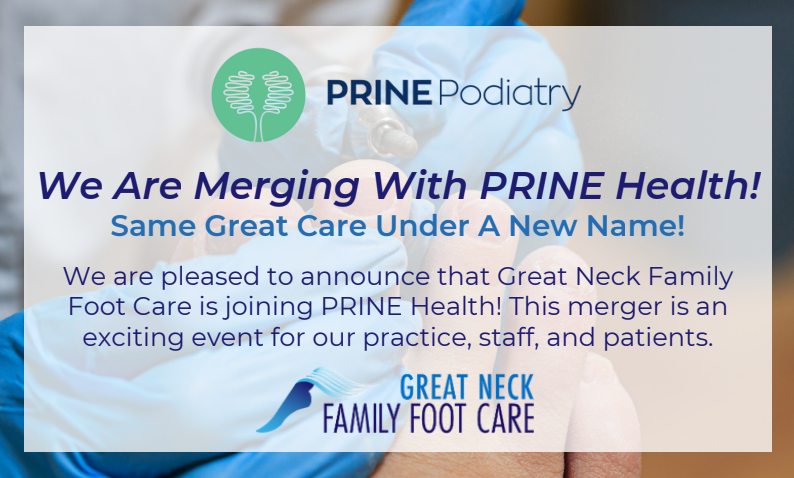09 Jan 3 Things First-Time Patients Should Know About Long Island Wound Care Services
Not everyone will have to experience wound care services in their life, but if you are someone who is in need of them, you are most likely curious about what it all entails. If you have never received medical services for a wound, it is natural that you would like to know what to expect before going for your first appointment. In this post, we will uncover three things you should know about wound care services if you are a first-time patient or experiencing an acute or chronic wound for the first time.
- Important Beginner’s Information: Before you receive any medical treatment for your wound, you will undergo an initial visit. Most likely you were referred to a wound expert by your primary physician. During this first appointment, you will receive a thorough examination by our wound care specialist Dr. Alec Hochstein to diagnose the wound and determine what kind of treatment will be required. Virtually everyone will experience minor wounds such as scrapes, cuts, and burns. If you are suffering from a minor wound and would like to receive care, a specialized wound care professional will happily consult with you about best treatment practices. However, there are also people who experience chronic wounds. This initial visit is necessary to properly identify what kind of wound you are suffering from. Anything that persists for longer than a month is considered a chronic wound. Such wounds might include surgical incisions, industrial chemical exposure, and vascular ulceration among many others.
- Know When to Contact a Wound Care Medical Expert: It’s not always easy to tell when you should receive care for a wound and when it will heal on its own. That is why it’s important to know the basics of your wound. Whether you have an acute or chronic wound, there are a few symptoms to pay attention to. Swelling and redness of the wound area might mean infection, in which case you should consult with a wound care professional immediately. Also, consult with a doctor if an odor is still being exuded from the wound even after proper cleansing. Pain that persists and continuously becomes more severe is also a good indication that you should receive treatment from a medical professional. Lastly, if you begin to experience chills and become nauseous, it is imperative that your seek medical attention right away.
- Know When You Don’t Need Wound Care Services: While more serious wounds, whether acute or chronic, should never be ignored and should be addressed by a specialized wound care expert, there are some minor wounds (as mentioned previously), that may not require medical attention. So what do you do in these circumstances? Certainly, even if the wound is not serious, it should be treated properly in order to promote complete healing. To help your minor would heal, make sure you are getting the proper nutrients such as vitamins A and C as well as iron and zinc. You can continue to manage your minor wound at home by keeping it clean and protected from infection. To do this, clean the wound daily and dress it with some protective cover. You can take extra precautions such as keeping your hands washed, avoiding smoking, resting from physical activity to avoid further injury, and eating healthy foods.
Looking for more advice on treating an acute or chronic would? Don’t hesitate to contact us today. Our team of specialized medical professionals is dedicated to helping you live a life free of pain from your wound and making sure it heals properly and completely. We also offer an extensive array of medical services for anyone in need of foot care and treatment. Inquire about those today!





Sorry, the comment form is closed at this time.